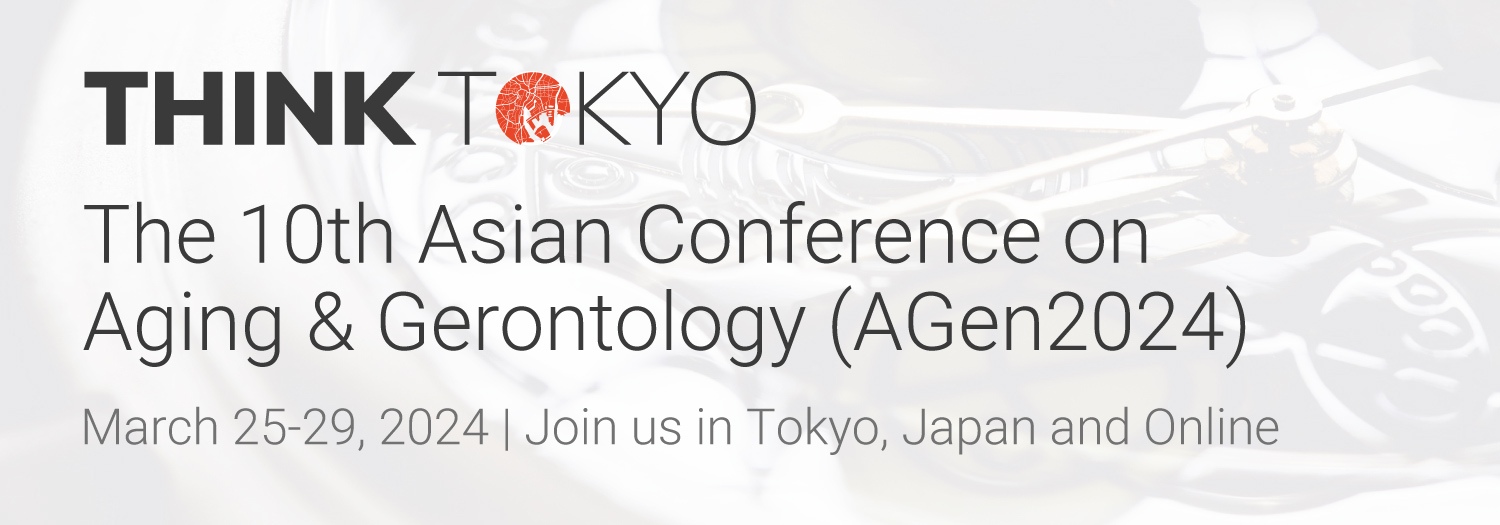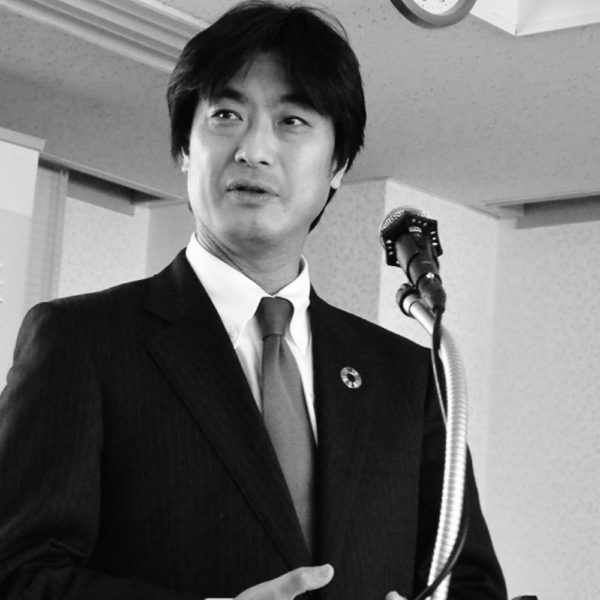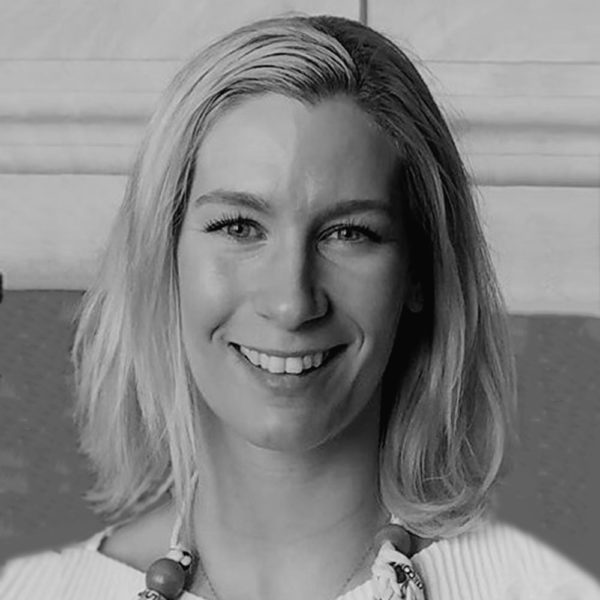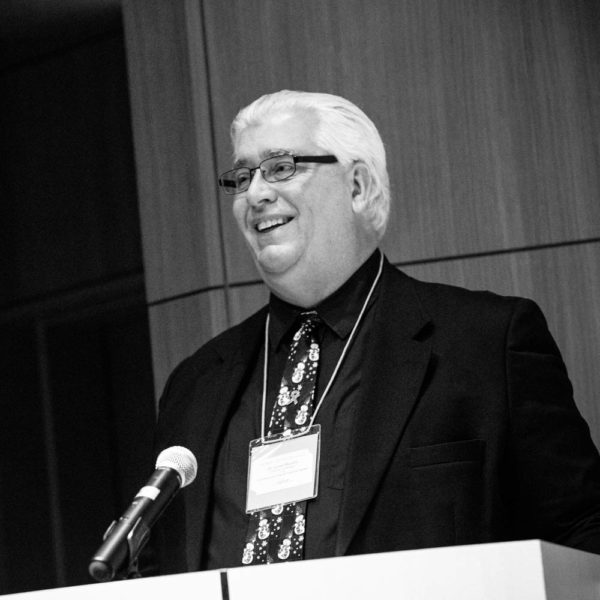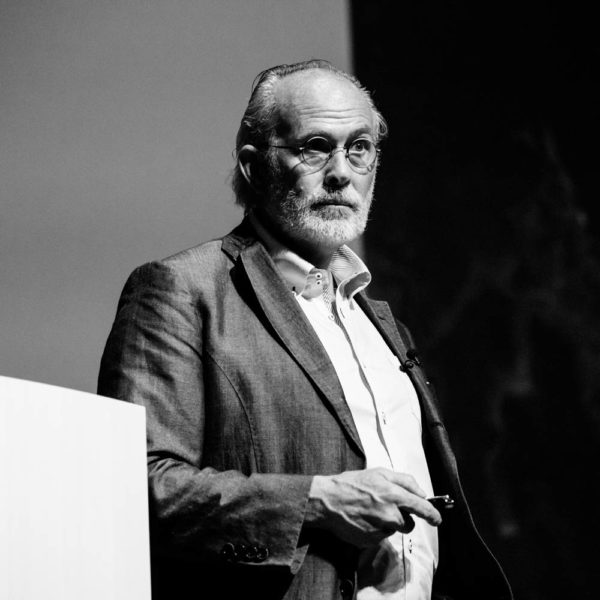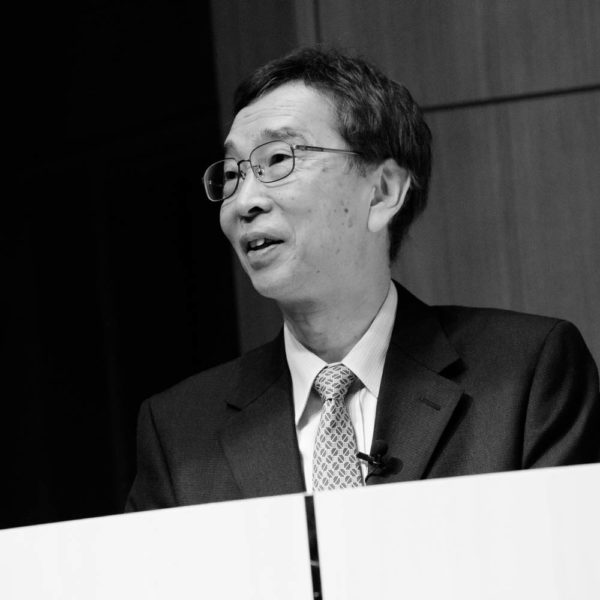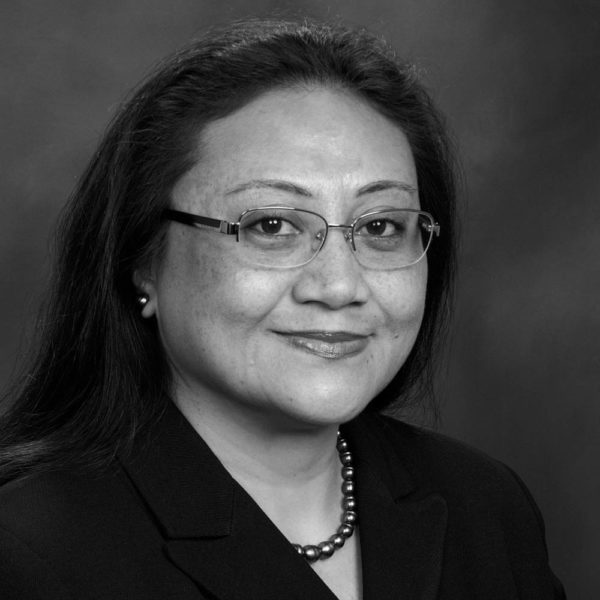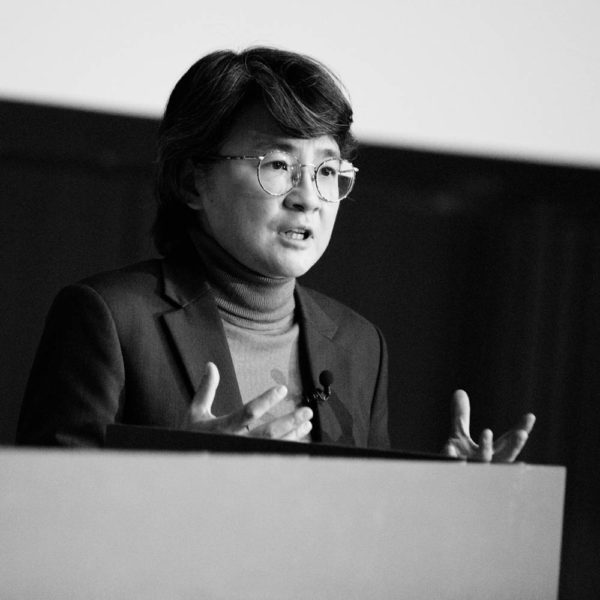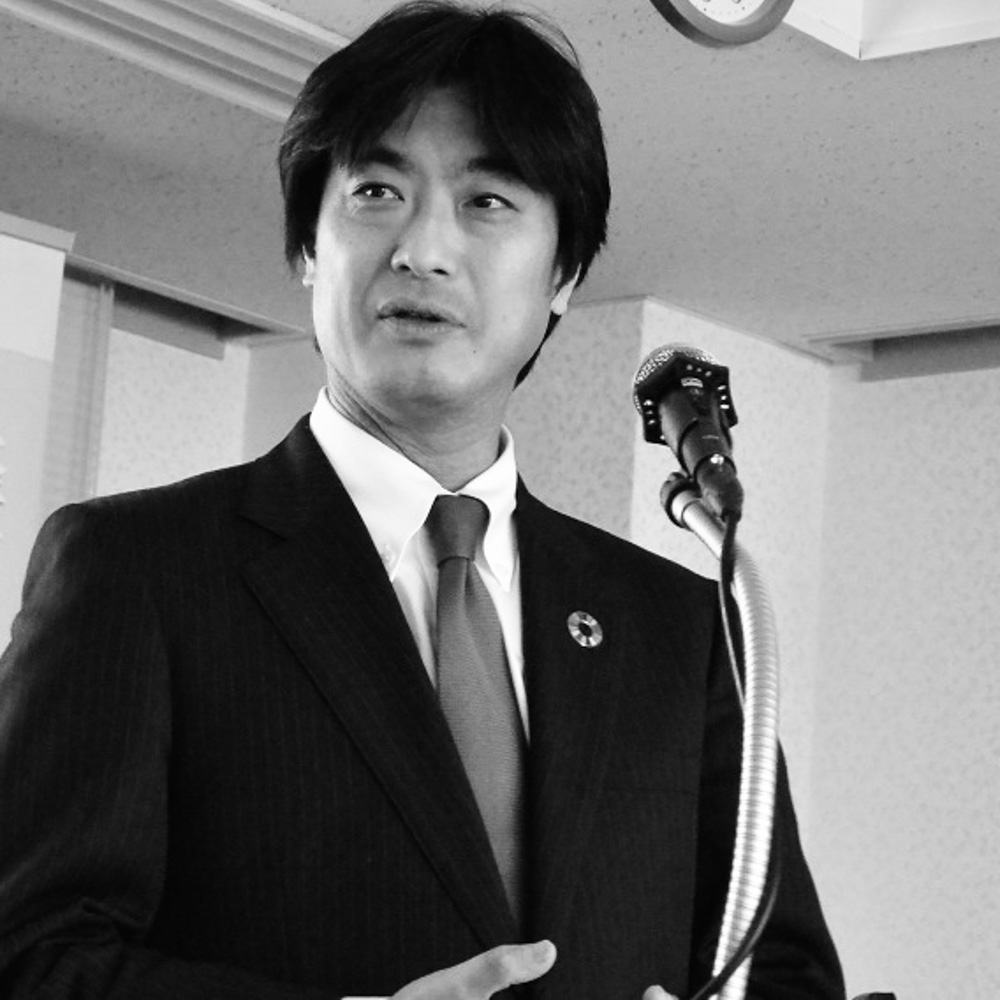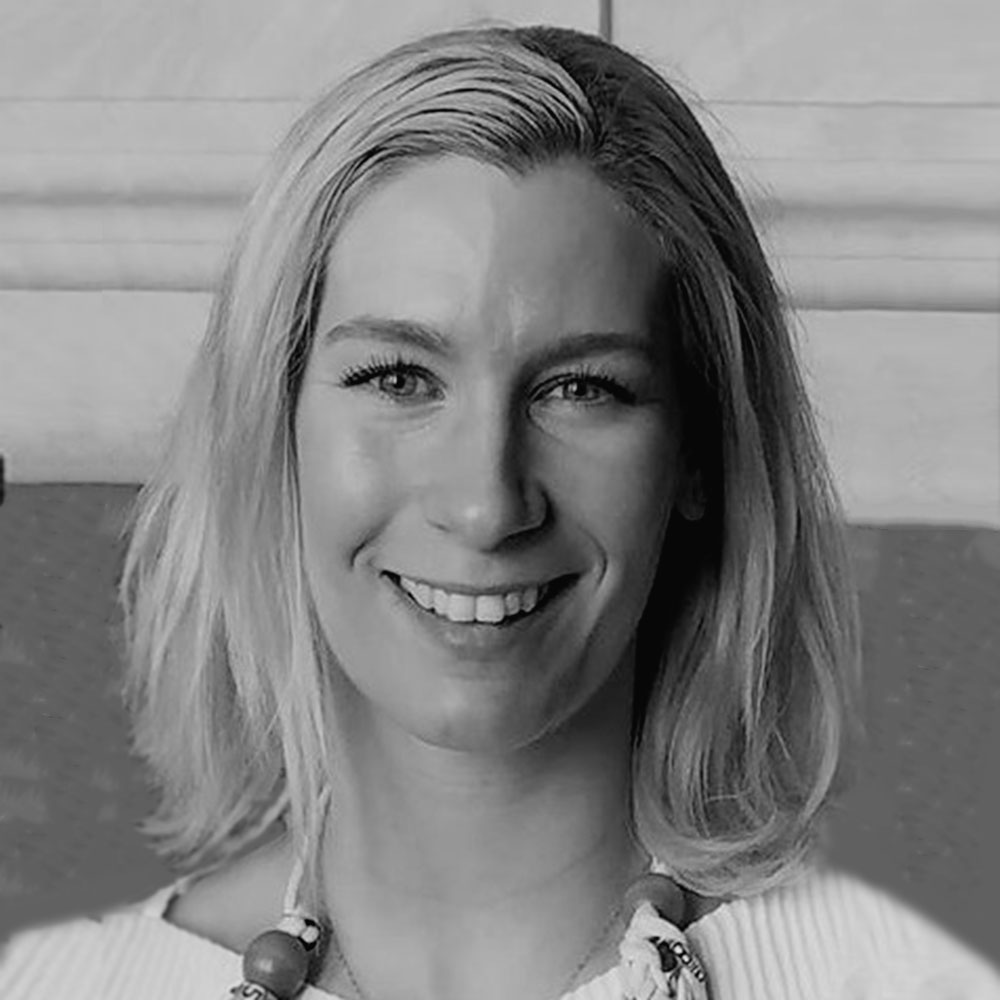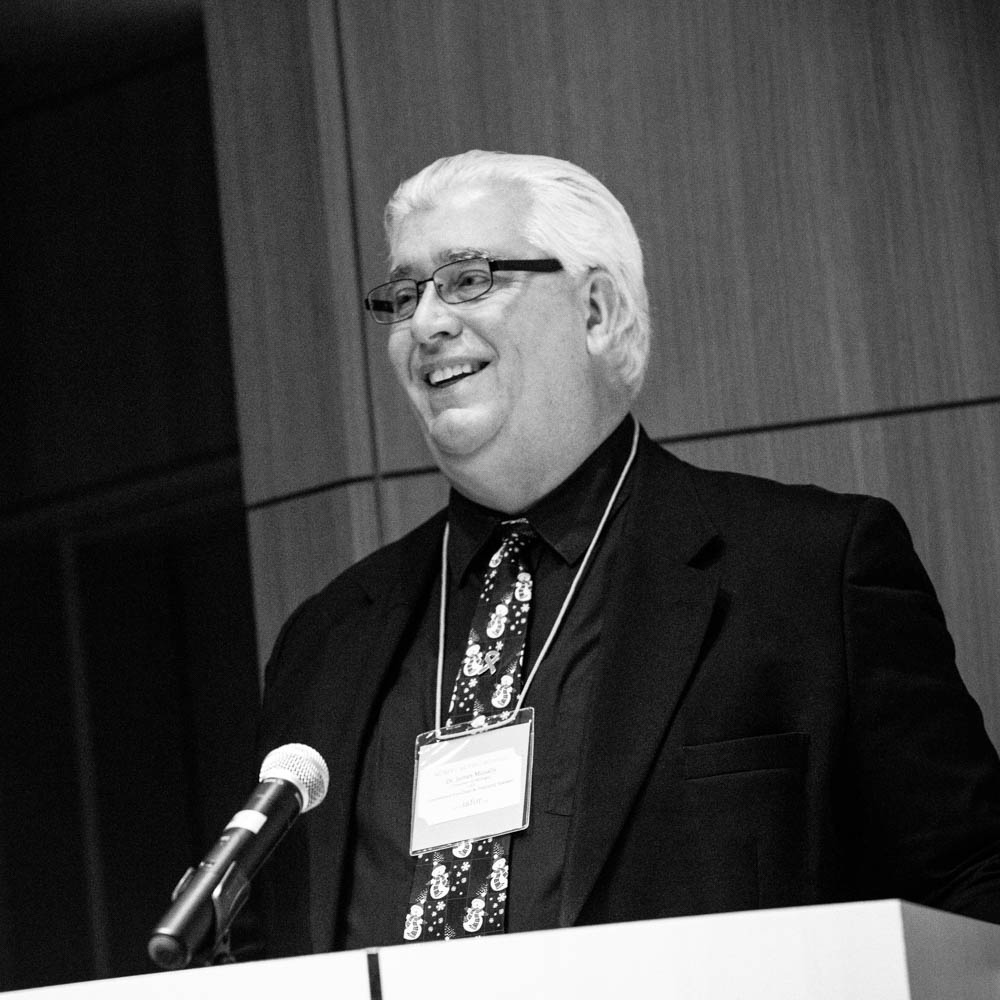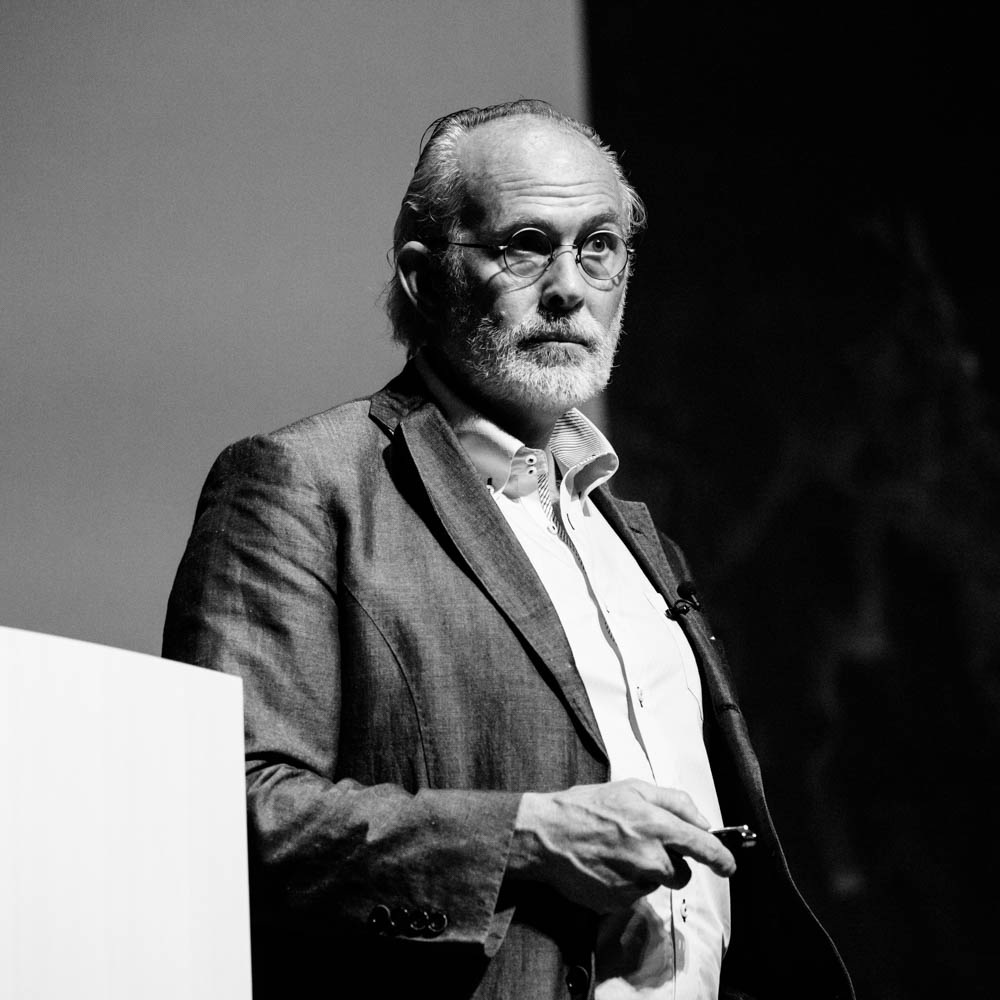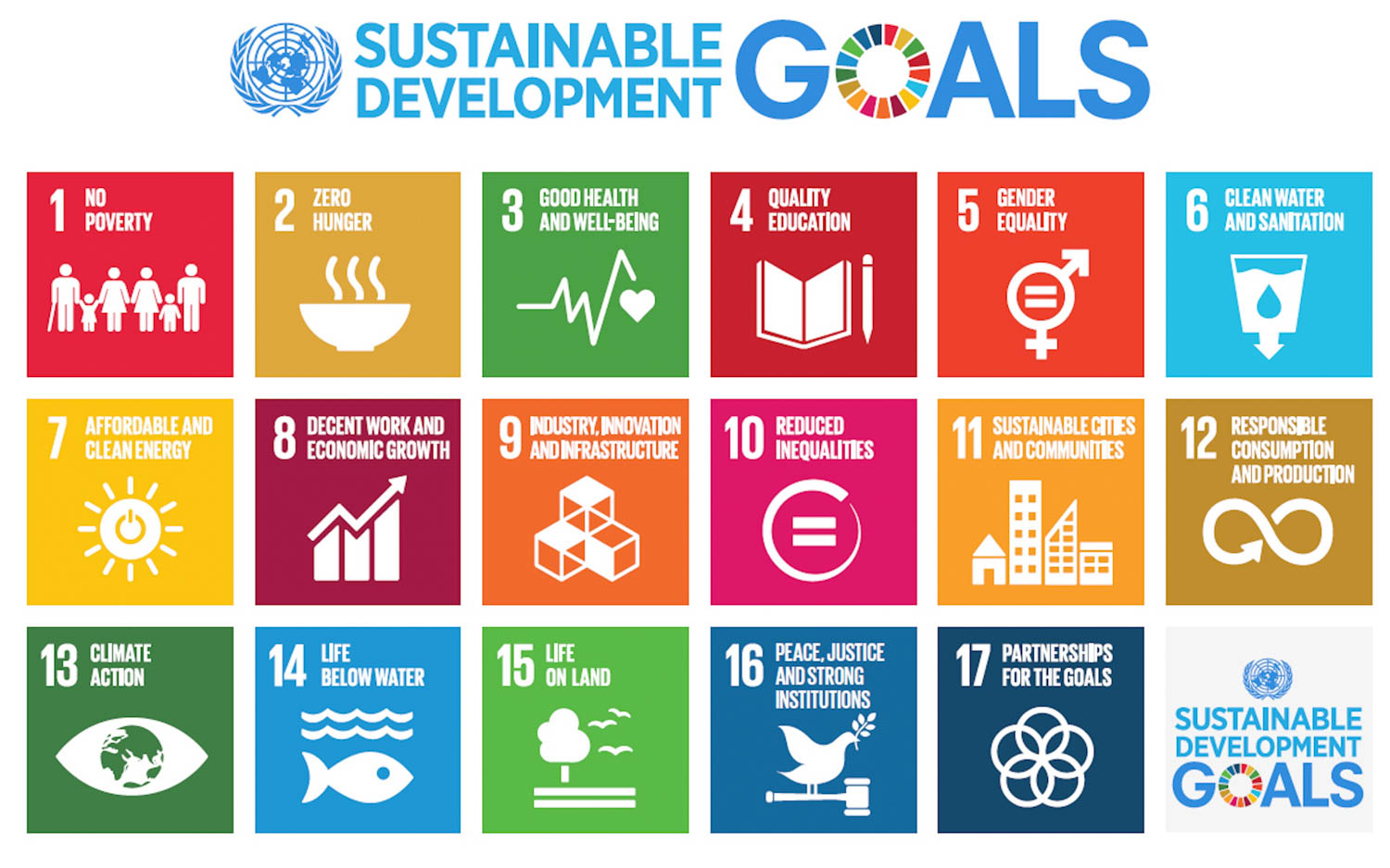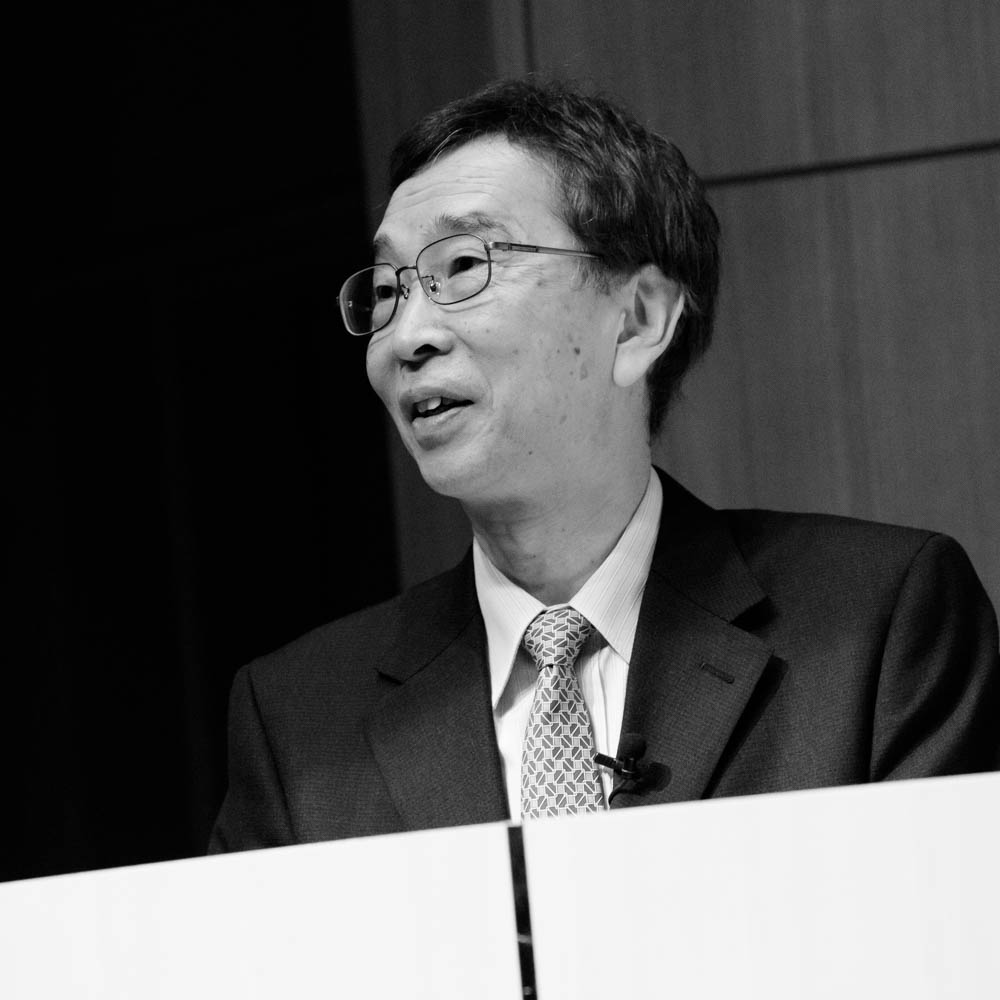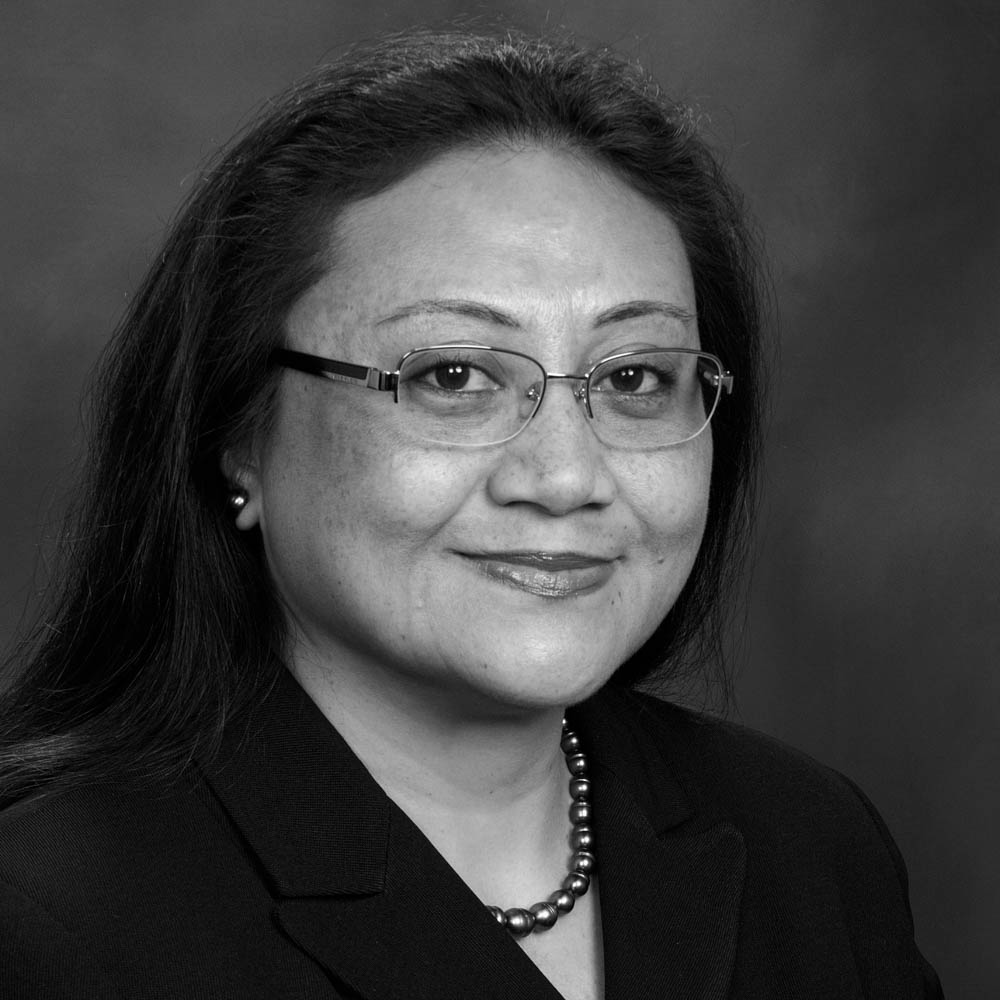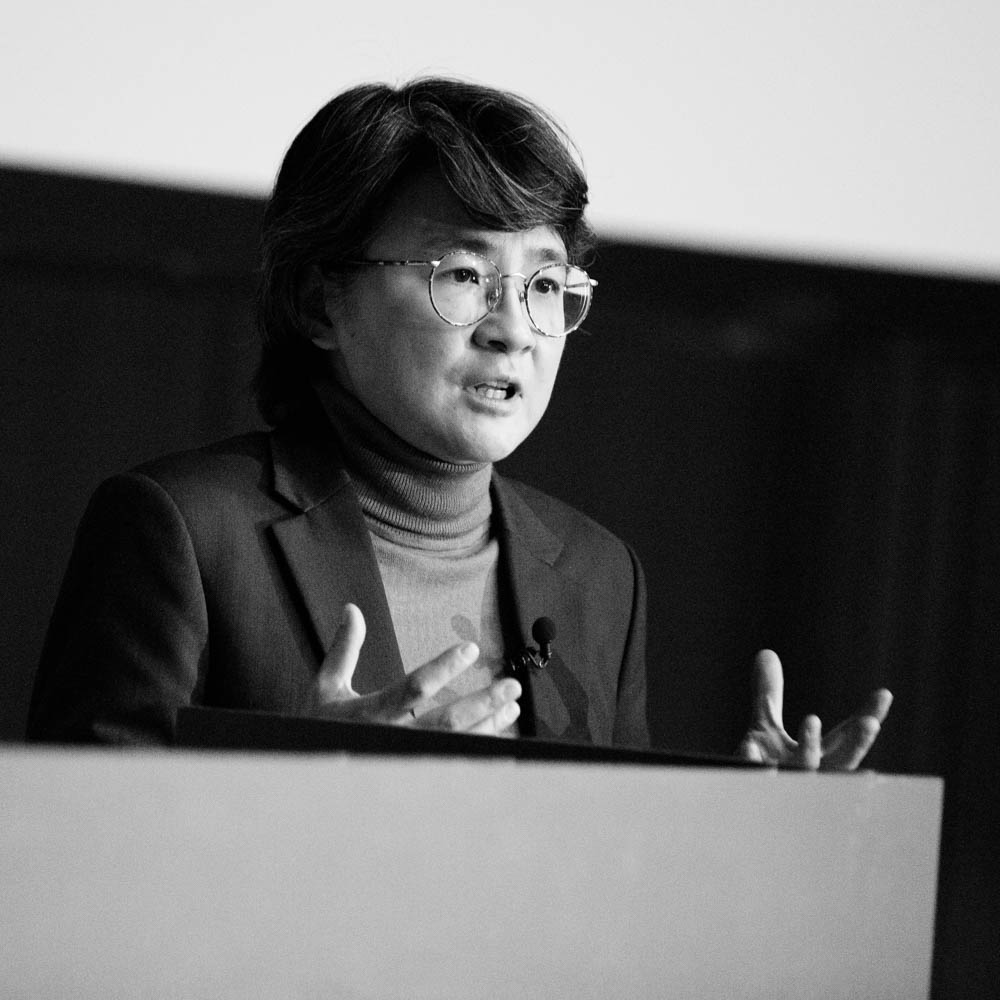Conference Theme: "Independence & Interdependence"
May 20-22, 2019 | Toshi Center, Tokyo, Japan
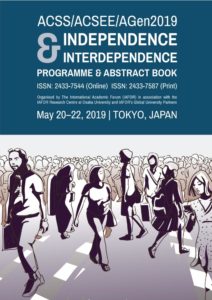 Perspectives on the aging lifecourse and the role of the elderly within society have undergone massive change in the past decades. Once the later stages of aging were seen as a period of withdrawal from social interactions as the elder reflected on a life lived and prepared for an inevitable death. This viewpoint has changed dramatically in recent years with new opportunities for enhancing their quality of life, better medical care, support services and life extension technologies available. Similarly, changing demographic compositions of many low-fertility nations have made the elderly more essential to maintaining the workforce and offer opportunities for older adults to remain economically active long after traditional retirement ages. The growth of the elderly population has also encouraged growth in the institutional and home care industries, often creating a growing demand for immigrants to provide services to the growing number of elders who require assistance to maintain an independent lifestyle.
Perspectives on the aging lifecourse and the role of the elderly within society have undergone massive change in the past decades. Once the later stages of aging were seen as a period of withdrawal from social interactions as the elder reflected on a life lived and prepared for an inevitable death. This viewpoint has changed dramatically in recent years with new opportunities for enhancing their quality of life, better medical care, support services and life extension technologies available. Similarly, changing demographic compositions of many low-fertility nations have made the elderly more essential to maintaining the workforce and offer opportunities for older adults to remain economically active long after traditional retirement ages. The growth of the elderly population has also encouraged growth in the institutional and home care industries, often creating a growing demand for immigrants to provide services to the growing number of elders who require assistance to maintain an independent lifestyle.
This year’s AGen conference theme will take the reflective concepts of “Independence and interdependence” as its lens, exploring any number of questions and issues surrounding the independence and interdependence of individuals within society, and from a variety of disciplinary perspectives, from sociological studies to those in politics and policy.
An example area of study would be a focus on assistive devices that help an aging population maintain independence and get the help they need to be autonomous, including companion robots, exoskeletons, and the field of gerotechnology which has developed an entire series of tools and resources to make living at home more practical and enhances the autonomy of the aged. Traditionally, quality of life among the aged was measured by the concept of frailty, which used measures such as Activities of Daily Living (ADLs) to measure loss of functioning, and declines in ability to accomplish tasks seen as essential to independent living. Under a “resilience” model, however, we seek to measure the aging process from a more positive perspective that focuses on the ability of the elder to maintain an independent life in spite of potential barriers. Once we saw disabled elders as merely surviving with the reduced function associated with senescence, now we seek new ways to help elders thrive and overcome limitations. There is also the theme of support services; how can family and support programmes better assist the aged in remaining independent and productive and what point do we as an individual, family, community, or clinician make a reasoned decision about institutionalisation and 24-hour care.
These are only a few of the broad themes on which we seek research papers and posters for AGen2019, and we welcome any paper or analysis which addresses the conference theme of “Independence and interdependence”.
Japan – The Local Context
While many advanced economies are experiencing population slowdown, both declining birth rates and an aging population, Japan is the first to experience population decline in the modern period and is now the country with the world’s oldest population. It has an excellent and comprehensive late life care plan, and care provision is very much a public, social concern and not an exclusively private concern with policy ramifications. Its economy has shown resilience in the face of this existential threat as it has been forced to adapt and this has lead to an enormous amount of investment, research and development.
AGen is organised by IAFOR in association with the IAFOR Research Centre at the Osaka School of International Public Policy (OSIPP) in Osaka University, Japan.
Conference Report
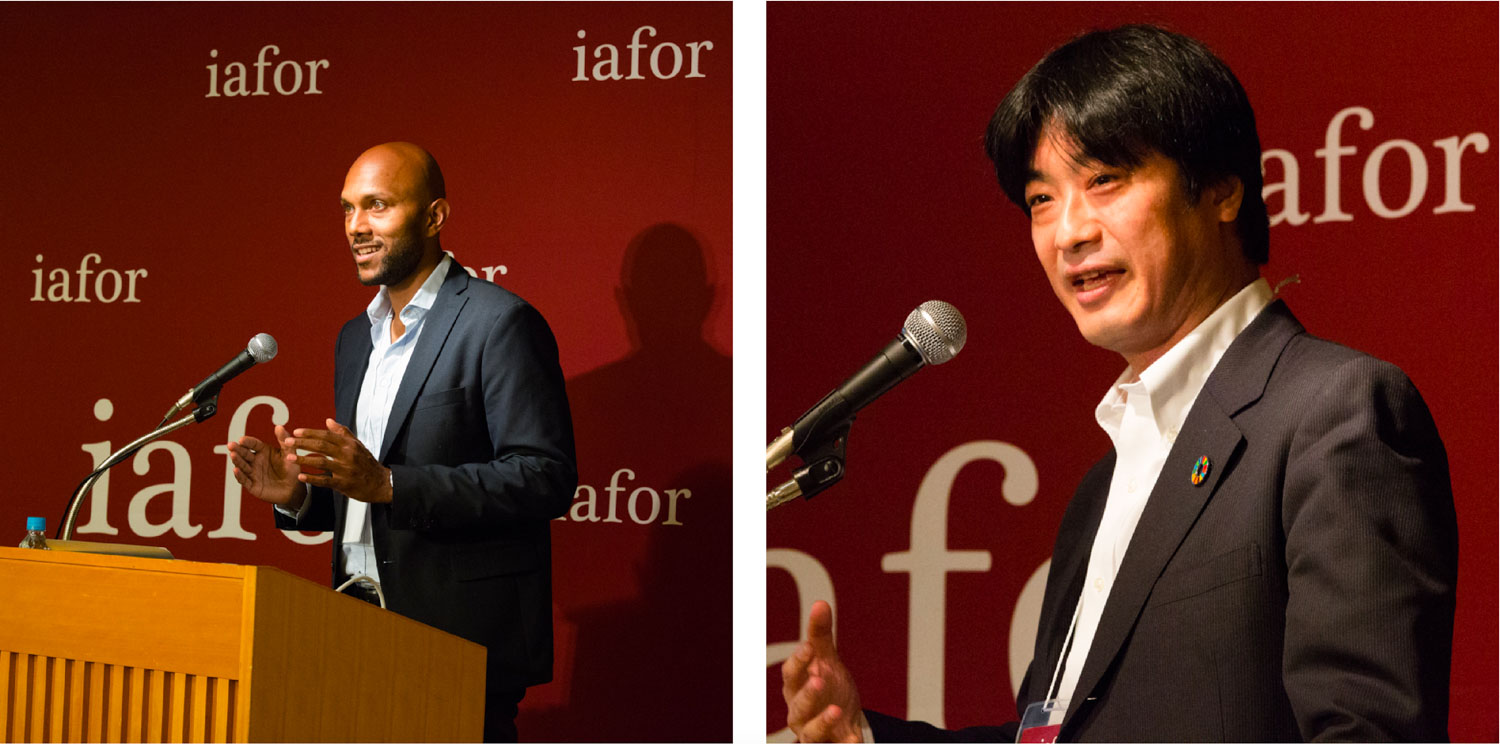
Above left: Dr Eddie Bruce-Jones, of Birkbeck, University of London, UK, gave an interesting Keynote on the history of forced migration, focusing on those brought from South Asia to the Caribbean. Above right: Mr Kotaro Katsuki of the Ministry of Foreign Affairs, who oversees the implementation of the Sustainable Development Goals (SDG) of the Japanese government domestically and internationally, delivered a very insightful Keynote on the country’s early steps to implement the SDG’s as agreed by the international community through the United Nations.
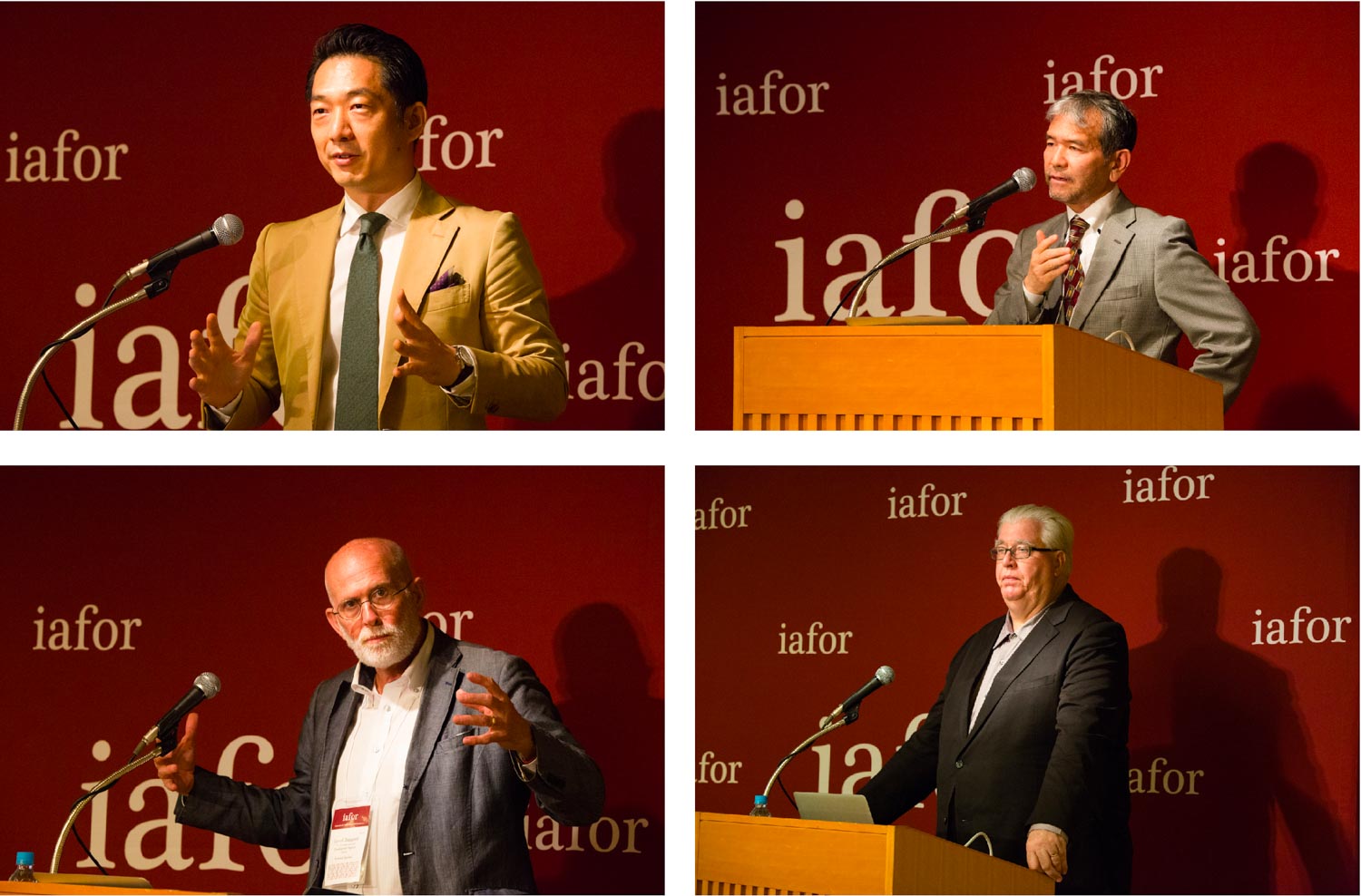
Above left to right: Toshi Nakamura, founder and CEO of Kopernik, an Indonesia-based non-profit, shared the real-world experiences of a development agency and the challenges they face in his presentation. Professor Osamu Arakaki, of International Christian University (ICU), Japan, explained how his university is helping Syrian refugees access education through a scholarship programme. Continuing on the theme of Independence and Interdependence, Lowell Sheppard, of HOPE International, Japan, talked about his experiences leading a development agency in Asia. Dr James W. McNally of the University of Michigan, USA and NACDA Program on Aging, and IAFOR Vice-President (Social Sciences and Sustainability), spoke on the challenges brought on by an aging population, including the importance of respecting the needs of the aging themselves.
Speakers
Programme
-
 Defining and Measuring Resilience in an Aging WorldFeatured Presentation: James W. McNally
Defining and Measuring Resilience in an Aging WorldFeatured Presentation: James W. McNally -
 Locating Data for Research: Data Collections and Resources for Thesis Writing, Teaching, and Grant Development for the Social Sciences and the EnvironmentFeatured Workshop Presentation: James W McNally & Kathryn Lavender
Locating Data for Research: Data Collections and Resources for Thesis Writing, Teaching, and Grant Development for the Social Sciences and the EnvironmentFeatured Workshop Presentation: James W McNally & Kathryn Lavender -
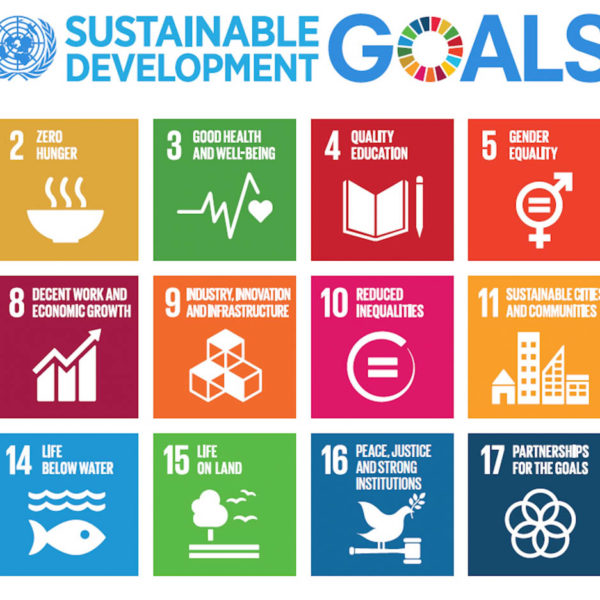 Independence and Interdependence: Preliminary Thoughts from the Viewpoint of Japan’s Experience on SDGs ImplementationKeynote Presentation: Kotaro Katsuki
Independence and Interdependence: Preliminary Thoughts from the Viewpoint of Japan’s Experience on SDGs ImplementationKeynote Presentation: Kotaro Katsuki -
 Independence and Interdependence – A Personal PerspectiveFeatured Presentation: Lowell Sheppard
Independence and Interdependence – A Personal PerspectiveFeatured Presentation: Lowell Sheppard
Organising Committee
The Conference Programme Committee is composed of distinguished academics who are experts in their fields. Conference Programme Committee members may also be members of IAFOR's International Academic Board. The Organising Committee is responsible for nominating and vetting Keynote and Featured Speakers; developing the conference programme, including special workshops, panels, targeted sessions, and so forth; event outreach and promotion; recommending and attracting future Conference Programme Committee members; working with IAFOR to select PhD students and early career academics for IAFOR-funded grants and scholarships; and overseeing the reviewing of abstracts submitted to the conference.
AGen2019 Review Committee
- Dr Ben Chi-Pun Liu, The University of Hertfordshire, United Kingdom
- Dr James W. McNally, University of Michigan, United States
- Kathryn M. Lavender, National Archive of Computerized Data on Aging (NACDA), University of Michigan, United States
- Dr Lisa Pl Low, Caritas Institute of Higher Education, Hong Kong
- Dr Sela V. Panapasa, National Archive of Computerized Data on Aging (NACDA), University of Michigan, United States
- Dr Zdravko Trivic, National University of Singapore, Singapore
Dr Jagriti Gangopadhyay, Manipal Academy of Higher Education, India
IAFOR Research Centre (IRC) – “Innovation and Value Initiative”
The IAFOR Research Centre (IRC) is housed within Osaka University’s School of International Public Policy (OSIPP), and in June 2018 the IRC began an ambitious new “Innovation and Value Initiative”. Officially launched at the United Nations in a special UN-IAFOR Collaborative Session, the initiative seeks to bring together the best in interdisciplinary research around the concept of value, on how value can be recognised, and measured, and how this can help us address issues and solve problems, from the local to the global.
